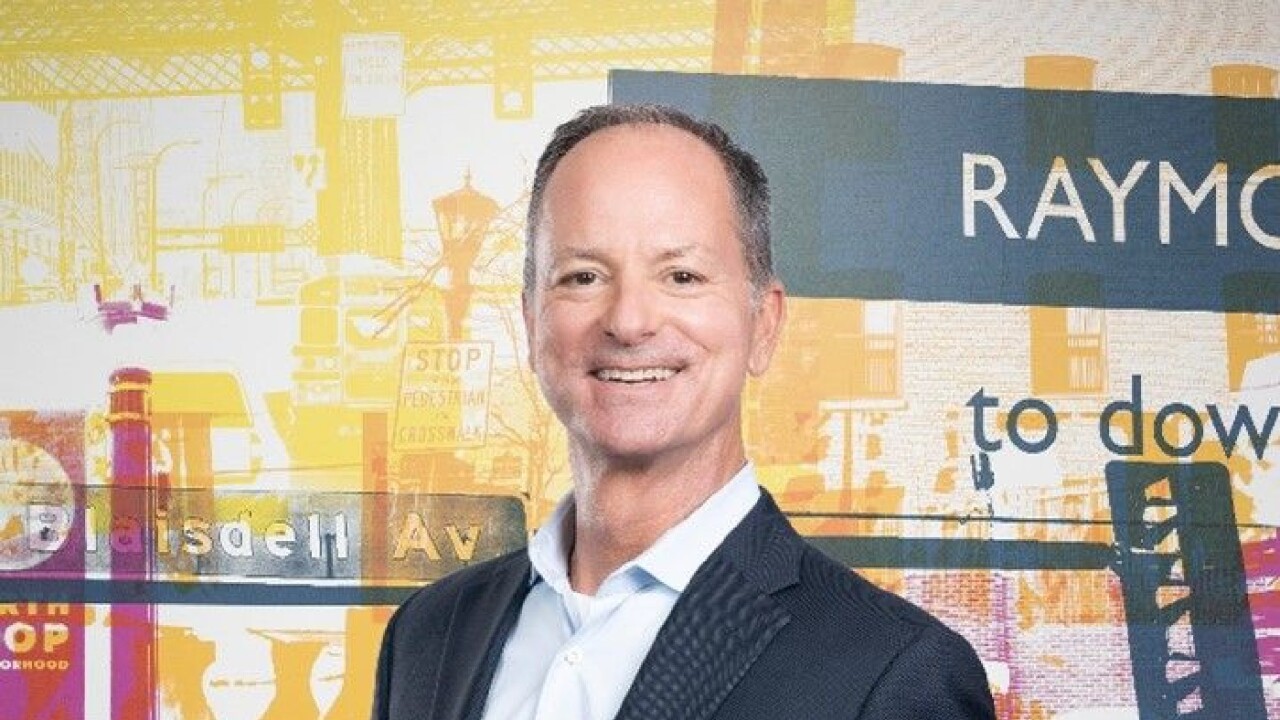Want unlimited access to top ideas and insights?
Welcome to the PaymentsSource Morning Briefing, delivered daily. The information you need to start your day, including top headlines from PaymentsSource and around the Web:
Will Alibaba take advantage of NAFTA's demise?

Bad talk for voice payments:
About face: Facial recognition is another emerging technology that's drawing interest from
Will EU banks get fintech green light? The European Commission is reconsidering banking rules that govern how banks spend money on software, a welcome move for banks that face security risks and encroachment from startups and third-party mobile payment systems.
From the Web
China Daily | Thu Sep 7, 2017 - Social media is transforming the online shopping business in China and fueling growth for the internet's big two players. Alibaba Group Holding Ltd reported that revenue jumped by a staggering 56 percent to 50.2 billion yuan ($7.4 billion) in the quarter which ended on June 30 compared to the same period last year. Rival Tencent Holdings Ltd came up with a similar set of stellar numbers with revenue soaring 54.8 percent to 49.6 billion yuan. These bloated figures were triggered by surging sales online with Tmall, Alibaba's internet flagship retail hypermarket, profiting from social media trending. Naturally, China's largest e-commerce platform and Tencent are looking for new streams of growth as they reach near saturation point in their home market.
The Washington Post | Wed Sep 6, 2017 - An investigation into a long-running credit-card fraud scheme in the D.C. area led to the exposure of a D.C.-area dogfighting ring last week called the “DMV Board,” according to federal prosecutors in the Eastern District of Virginia. The government seized seven pit bulls from a home in Southeast Washington and six from a home in Temple Hills, Md. The homes had been searched as part of the credit-card probe. The dogs were being used in fights in the District, Maryland and Virginia, according to a court filing by Assistant U.S. Attorney Gordon Kromberg. At the home in Temple Hills, FBI agents found a fighting ring stained with blood, along with training equipment, dog trophies and performance-enhancing drugs. More pharmaceuticals, chains, collars, whips and other items associated with dogfighting were found in the D.C. house.
CNBC | Thu Sep 7, 2017 - A Hong Kong-based fintech firm is launching an initial coin offering as part of its plans to revolutionize how payments are conducted. Octo3 Group is a start-up that currently sells a range of financial technologies, but it's hoping to bring its global payment processing network onto a blockchain platform. As part of that move, the company plans to hold a digital token sale from Oct. 3 to 31. The move could change the entire payment landscape, Chairman Ajmal Samuel told CNBC. Currently, "many merchants cannot accept different payment methods and consumers ... cannot pay with those particular payment methods which they have," Samuel told CNBC. Those challenges stem from the large number of intermediaries, such as banks and financial service firms, involved in issuing, processing and acquiring payments. But the situation could soon change, he said.
More from PaymentsSource
WASHINGTON — The payment processor Square is seeking an industrial loan company, according to several sources familiar with the matter, further sparking debate over whether fintech companies should be allowed to use the controversial charter.
Business payments can process much faster in the next couple of weeks, creating a whole new set of benefits and corresponding risks.
Boston-based mobile payments platform LevelUp is teaming with Onosys, a Cleveland-based maker of digital ordering platforms for restaurants, to help both companies expand consumers’ access to eateries with order-ahead capabilities.
Hong Kong-based Geoswift got its start by creating technology powering cross-border tuition payments sent by families from China to colleges abroad, but when Geoswift saw corporate payments into China begin to grow, its biggest barrier wasn’t technology, but language.





